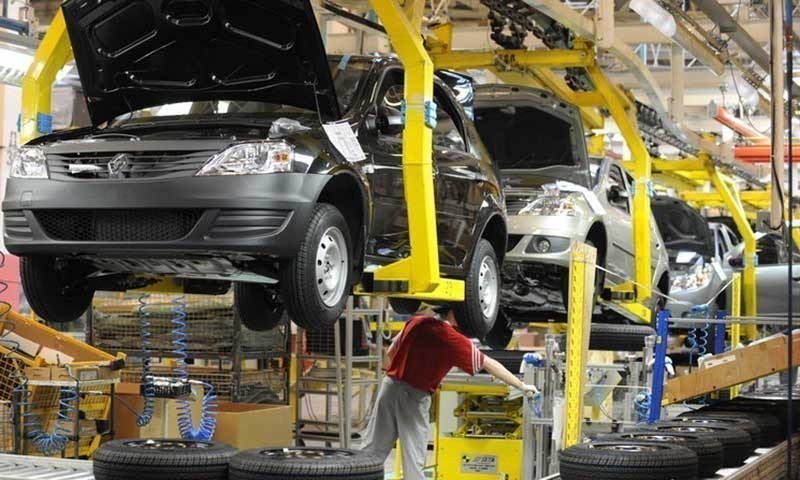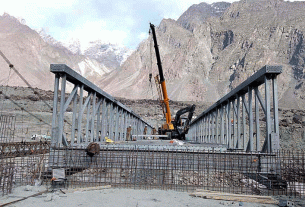LAHORE: The automotive industry fears that amid declining auto sales, the sector is likely to lose at least 10-15 per cent of the direct jobs over the next few months.
Warning of tough times ahead, they said rising auto prices on the back of steep currency depreciation, imposition of federal excise duty in the range of 2.5-7.5pc depending on the engine size and tough economic climate have affected overall sales.
Auto sales have declined by 7pc in the last financial year with experts fearing the market to shrink further by 15-20pc during the ongoing fiscal year.
The major slowdown was witnessed in the sale of cars above 1,300CC, forcing both Honda and Toyota manufacturers in the country to significantly scale down production during the month to clear inventories.
“The sales have picked up slightly but remain much lower than in any given month in the recent years,” a Honda Atlas Cars Pakistan (HACP) executive told Dawn on the condition of anonymity.
“The reduced sales mean lower profits for manufacturers and lower tax revenue for the government. The slowdown in the automotive industry is unlikely to reverse unless government helps us reduce prices by slashing taxes,” he added.
HACP has kept its plant closed for 12 days during July as inventories piled up amid faltering sales.
Indus Motors Company (IMC), which produces Toyota vehicles in the country, also cut down production to five days a week whereas Pak Suzuki Motor Company (PSMC), which virtually controls the entire domestic market share of cars with engine size of up to 1,000CC, has announced that it does not plan on scaling down its production.
Experts believe that PSMC anticipates increasing prices to shift buyers towards smaller cars with engine size of up to 1,000CC.
“Also, PSMC is hoping to strongly benefit from the restrictions on import of used cars imposed last fiscal year,” says Almas Hyder, an auto parts supplier.
“The auto industry is very price sensitive… a little hike or reduction in the car prices can spike or slow sales.”
While the original equipment manufacturers (OEMs) are still considering the option to slash temporary jobs, auto part suppliers in the value chain of HACP and IMC have already started making arrangements to downsize their workforce.
At present, OEMs and auto vendors directly employ around 10,000 and 120,000 people respectively. Another 350,000 to 400,000 indirect jobs are linked to the automotive sector across the country.
“Many auto vendors have already moved to single shift operations from the double shift operations because of the scaled-down production schedules of AHCL and IMC,” says Nabeel Hashmi, an auto parts supplier to all three Japanese OEMs.
“The auto vendors are also in difficulty because, unlike OEMs, their prices have not increased according to the quantum of currency depreciation, which is hurting their profits and cutting into their cash flows. The job losses are imminent but I cannot predict the exact number. The government can protect jobs in the vending industry by helping vendors find export markets for their products,” Hashmi explains.
Amir Allahwala, a Karachi-based auto parts supplier, sees a very “scary economic scenario” ahead.
“I expect 30-32pc downturn in automotive industry sales this fiscal year. If the market does not improve quickly, we will have no choice but to downsize our workforce. We can keep and feed extra hands for one or two more months but not beyond that,” he argues.



